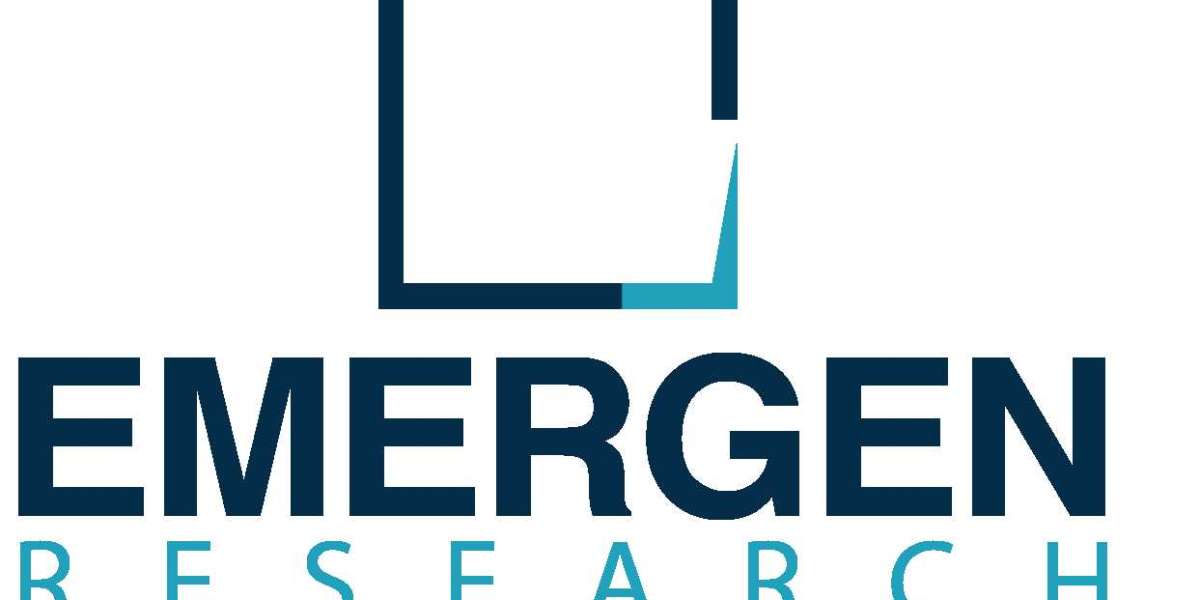Racial profiling is a deeply ingrained issue that continues to plague societies around the world. It refers to the discriminatory practice where individuals are targeted for suspicion of crime based on their race, ethnicity, or national origin rather than any concrete evidence or behavior. This practice is not only unjust but also undermines the principles of equality and justice that are foundational to democratic societies. Racial Profile
The concept of racial profiling is most often associated with law enforcement, where officers may stop, search, or question individuals based solely on their racial characteristics. However, it can manifest in various other sectors, including employment, education, and housing, creating systemic barriers that disproportionately affect minority communities.
The Historical Context
Racial profiling is not a new phenomenon; it has roots in historical practices of discrimination and segregation. For instance, in the United States, racial profiling has been linked to the legacy of slavery and Jim Crow laws, which institutionalized racism and legitimized the unequal treatment of African Americans. Even after the civil rights movement of the 1960s, which aimed to dismantle racial discrimination, racial profiling persisted, particularly in the form of “stop-and-frisk” policies and other aggressive policing tactics.
The Impact of Racial Profiling
The consequences of racial profiling are far-reaching and deeply damaging. For individuals who are profiled, the experience can lead to feelings of humiliation, fear, and mistrust of authorities. This erosion of trust can have a ripple effect, undermining community relations and making it more difficult for law enforcement to effectively do their jobs. When entire communities feel targeted, it creates a divide between the public and those meant to protect and serve them.
Moreover, racial profiling perpetuates stereotypes and reinforces systemic racism. It suggests that certain racial or ethnic groups are inherently suspicious or prone to criminal behavior, which is not only false but also harmful. These stereotypes can influence public perception, leading to further discrimination and prejudice.
Efforts to Combat Racial Profiling
In recent years, there has been growing awareness and activism aimed at combating racial profiling. Many countries have implemented policies and training programs designed to reduce bias in law enforcement and other sectors. In the United States, for example, some states have passed legislation requiring police departments to collect and report data on traffic stops and other interactions with the public to identify patterns of racial profiling.
Despite these efforts, much work remains to be done. Ending racial profiling requires not only changes in policy but also a fundamental shift in societal attitudes toward race and ethnicity. It involves recognizing and addressing the ways in which systemic racism continues to influence institutions and practices. Racial Profile
Conclusion
Racial profiling is a violation of the basic human rights of equality and fairness. It not only affects those who are directly targeted but also harms society as a whole by perpetuating division and inequality. Addressing this issue requires a concerted effort from individuals, communities, and institutions to challenge discriminatory practices and promote justice for all. Only by acknowledging and confronting the problem can we hope to build a more equitable and inclusive society.







